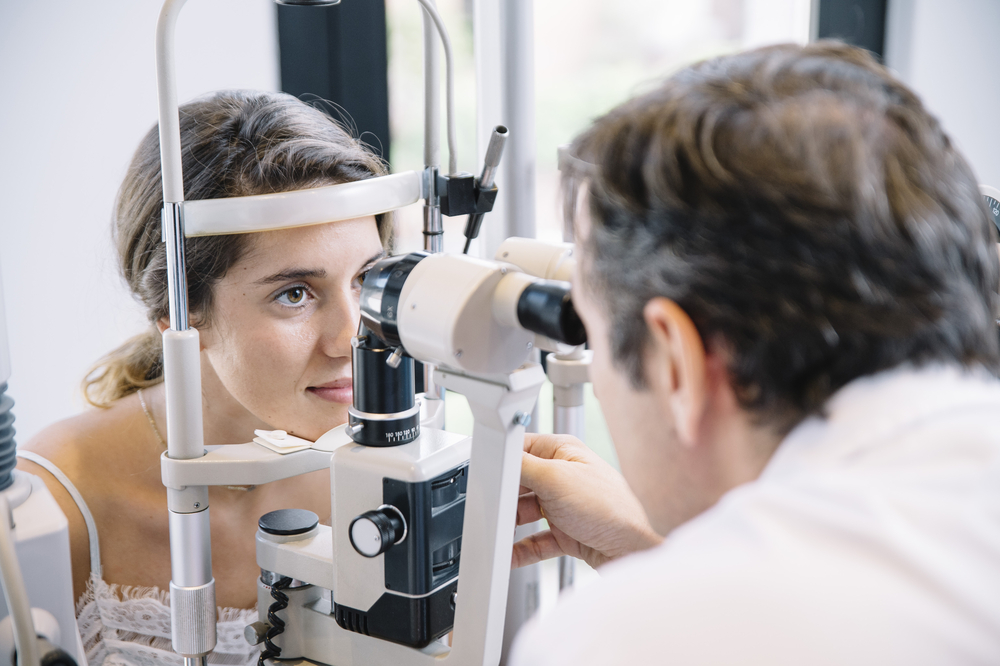Take Control of Your Health Care: What It Really Means to Own Your Patient Autonomy
There’s something quietly powerful about making your own choices from what you eat for breakfast to the way you spend your evenings. But when it comes to your health, that power can feel blurry. Doctors have expertise, hospitals have systems, and somewhere in between, you have a voice that matters more than you may realize.

That voice is called patient autonomy, your right to make decisions about your health without pressure, persuasion, or intimidation.
What Is Patient Autonomy, Really?
At its core, autonomy means being in control of your own decisions — steering your life, your way. In healthcare, it translates to the idea that you should have the final say in what happens to your body.
According to MedicineNet, patient autonomy means “the right of patients to make decisions about their medical care without their health care provider trying to influence the decision.” Doctors can educate you to explain the risks, the benefits, the science but the decision itself? That’s yours.
It sounds simple, but in practice, it’s not always easy. For generations, medicine was built on hierarchy. Doctors decided, patients complied. But today’s world of care is more collaborative, more transparent, and ideally more human.
When You and Your Doctor Don’t See Eye to Eye

Let’s be honest: sometimes your doctor might insist they know best and often, they do know a lot. But that doesn’t mean your perspective is invalid. You live in your own body. You know your pain thresholds, your fears, your hopes, and the ways your life is affected by illness or treatment.
Still, it’s easy to feel small in a white-walled exam room. Maybe you’ve been told “don’t Google your symptoms” or felt dismissed for asking too many questions. But curiosity isn’t defiance of its ownership.
Doctors study medicine for years, yes but you’ve lived inside your body every single day of your life. When both kinds of knowledge meet halfway, that’s when real healing starts.
How to Find the Right Doctor Who Respects Your Autonomy
Finding a doctor who listens truly listens is a lot like finding a friend who just gets you. It takes time, honesty, and a little self-awareness.
Before your next appointment, ask yourself:
How involved do I want to be? Do I prefer a doctor who gives me the options and lets me decide, or one who takes the lead and explains why?
What kind of relationship feels right? Do I want someone who’s warm and conversational or more straightforward and clinical?
How much personal connection matters to me? Would I feel comforted if my doctor shared a personal experience, or would I rather they stay strictly professional?
What happens if we disagree? Can we talk it through, or will it end the relationship?
The right doctor won’t take offense when you ask questions. They’ll invite them. They’ll guide you without commanding you. They’ll help you understand, not just comply.
Real Stories of Standing Up for Your Health

One woman told me about her long-time doctor who suddenly turned judgmental about her health choices raising his voice, making assumptions, shutting her down. She tried to give him space to correct himself, but when he didn’t, she decided to walk away. That, right there, was autonomy in action.
Another patient shared how his doctor warned him about a medication he didn’t want to take, saying refusal could lead to serious consequences. The doctor may have been right but the delivery felt more like an ultimatum than a conversation. Respecting patient autonomy means talking with someone, not talking at them.
Why Patient Autonomy Matters More Than Ever
Exercising autonomy isn’t about being rebellious, it's about being responsible. It’s about understanding your options, asking the hard questions, and choosing what aligns with your values and comfort.
Because when you feel heard and respected, you’re more likely to follow through, stay informed, and trust your care. And that’s when medicine works best when it’s not just treatment, but partnership.
So, the next time you’re sitting in a doctor’s office, remember:
Your body is yours. Your choices are yours. Your care should be, too.
What's Your Reaction?




















